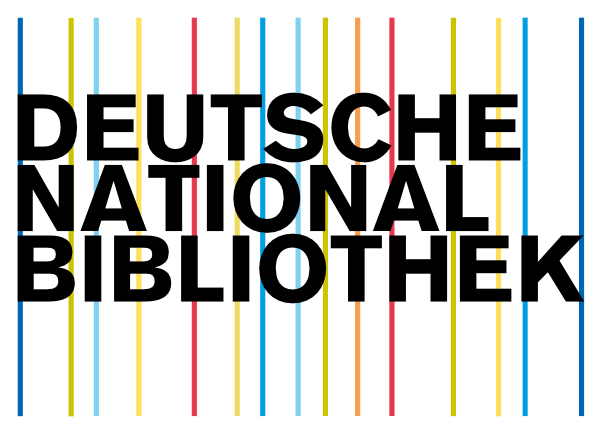


eDissPlus
Long-term preservation and publication of electronic dissertations and research data
In academia, the subject of research data is naturally ubiquitous. At the same time, it is a field of evolving complexity in many aspects. Different standards of scholarly communities, funding requirements, the need for good scientific practice and legal compliance constitute the basis of all research data activities. Digitally networked scientific contexts also create new opportunities and challenges for dealing with research data, particularly for the following aspects:
Current trends are influenced, among other things, by technological possibilities. A professional and sustainable scientific and scholarly practice must necessarily recognize, understand, reflect, and shape these developments. Libraries, computer centers as well as other research infrastructures are core institutions to take on those issues.They bundle and provide relevant expertise and, in dialogue with researchers, develop and offer solutions for research data practice.
The central goal of the DFG-funded project eDissPlus is the development of research data services focusing on electronic theses. In cooperation with the German National Library (DNB), it will be determined what kind of conceptual and technical requirements must be addressed in order to secure archiving and publication standards for dissertations accompanying research data. On one hand, services will be developed to provide practical support for doctoral students. On the other hand, the existing legal deposit of dissertations at the DNB will be conceptually expanded and standardized with regard to research data.
As a first step, a requirement analysis is performed in order to develop new services for the research data management including archiving and publication of research data. From a methodological point of view, this analysis operates at two levels:
Surveys In semi-structured guided interviews doctoral students, post-docs and supervisors of doctoral theses from different fields will be questioned in regard to their handling of research data as well as to requirements and desiderata to corresponding services.
Use Cases: Some doctoral students will be selected and accompanied for a longer period of time in order to identify particular challenges and concrete solutions for appropriate services.
The project particularly addresses advanced doctoral students from Humboldt University and associated research institutions that have a concrete need for supporting services regarding the management of research data that are derived from their dissertation project. Ideally, these doctoral students consider a publication of their research data using the services and infrastructures for electronic publishing at the Humboldt University.
Furthermore, we would like to interview those who already completed a doctoral thesis and have experience with archiving or even publishing research data.
To gain insight into standards of different scholarly communities, we are looking for a dialogue with supervisors of dissertation projects.
Interested persons are encouraged to contact us.
For the semi-structured guided interviews with doctoral students, post-docs or supervisors one-hour interviews are intended.
The focus will be on the following topics:
Selected doctoral students will be accompanied and supported for a longer period of time. The scope of participation depends on the particular requirements of the use case (e.g., complexity of research data, pecularities of scientific community, appointment of dates) and will be arranged individually. Toward the end of the project, an evaluation interview will be held taking approximately half an hour.
In connection to the intended use cases, we provide all participants our expertise with regard to research data management as well as technical support for using the services and infrastructure offered by University Library (UB) and Computer and Media Service (CMS) at Humboldt University. This includes:
All participating doctoral students will receive a competent and requirement-oriented publication support. Depending on the particular use case, their supervisors are welcome to be involved.
ben.kaden@ub.hu-berlin.de
michael.kleineberg@ub.hu-berlin.de